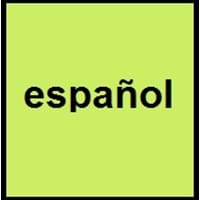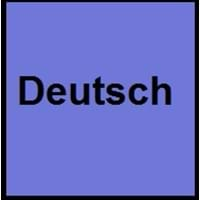Spanish and German
- One of the world's most phonetic language is Spanish.
- Up to the 18th century, Spanish was diplomatic language.
- One of the large group of Indo-Germanic languages is German.
- The second most popular Germanic language spoken today behind English is German language.
All Spanish and German Dialects
Most languages have dialects where each dialect differ from other dialect with respect to grammar and vocabulary. Here you will get to know all Spanish and German dialects. Various dialects of Spanish and German language differ in their pronunciations and words. Dialects of Spanish are spoken in different Spanish Speaking Countries whereas German Dialects are spoken in different German speaking countries. Also the number of people speaking Spanish vs German Dialects varies from few thousands to many millions. Some of the Spanish dialects include: Mexican Spanish, Cuban Spanish. German dialects include: Swiss German , Swabian German. Also learn about dialects in South American Languages and North American Languages.
Spanish and German Speaking population
Spanish and German speaking population is one of the factors based on which Spanish and German languages can be compared. The total count of Spanish and German Speaking population in percentage is also given. The percentage of people speaking Spanish language is 6.15 % whereas the percentage of people speaking German language is 1.39 %. When we compare the speaking population of any two languages we get to know which of two languages is more popular. Find more details about how many people speak Spanish and German on Spanish vs German where you will get native speakers, speaking population in percentage and native names.
Spanish and German Language Codes
Spanish and German language codes are used in those applications where using language names are tedious. Spanish and German Language Codes include all the international language codes, glottocodes and linguasphere.





